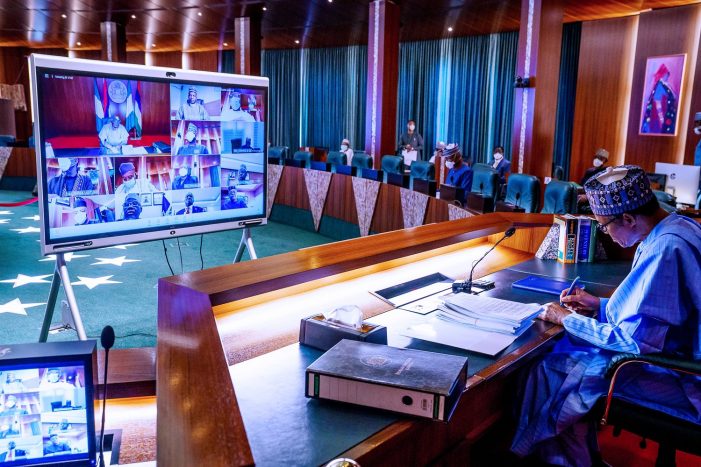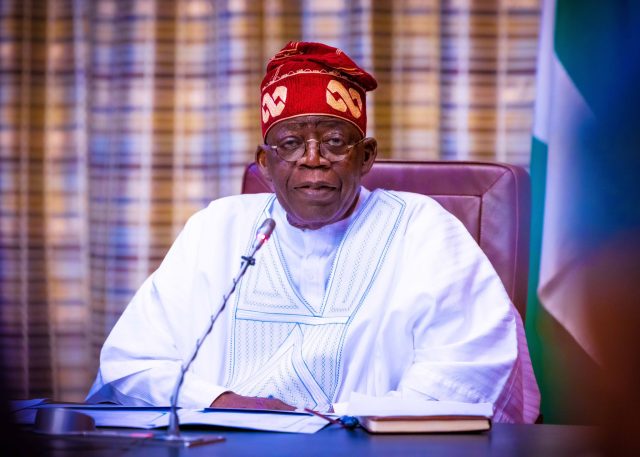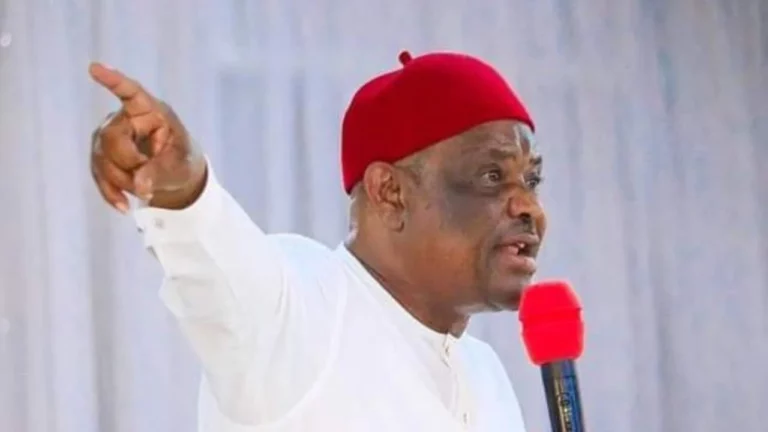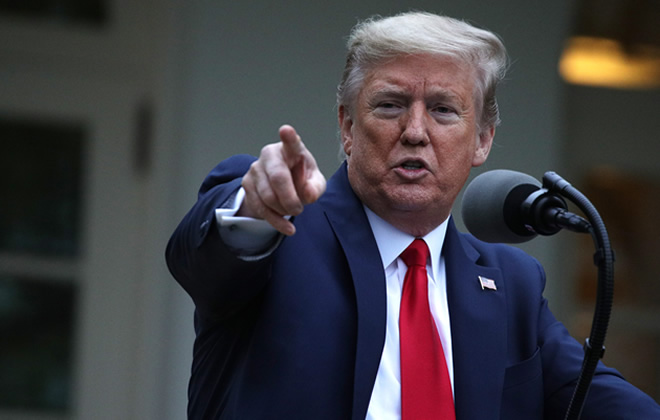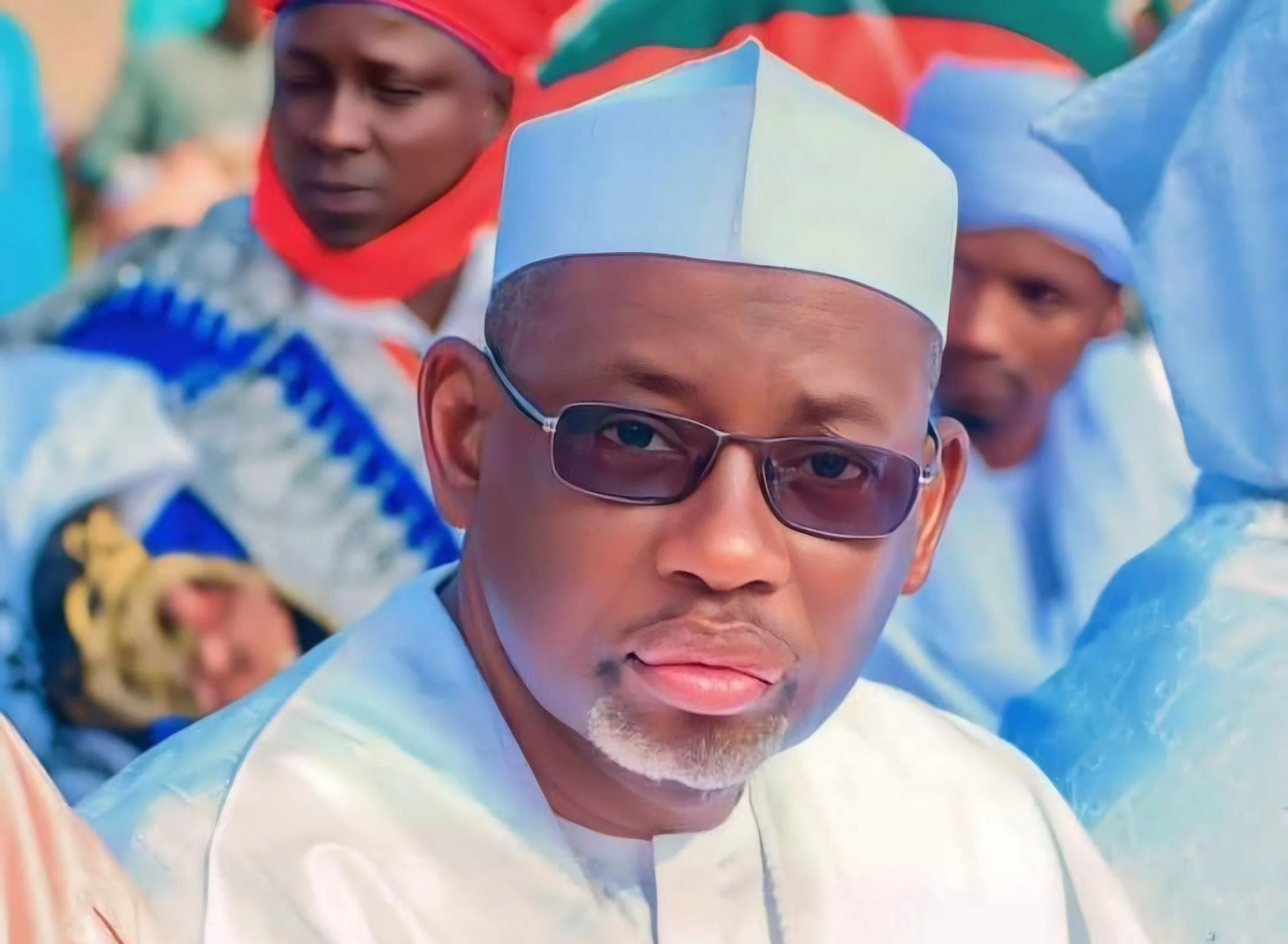Vice President Yemi Osinbajo presides over the FEC meeting on November 10, 2021.
The Federal Executive Council on Wednesday approved a 2021-2025 National Development Plan with an investment size of N348.7 trillion.
Minister of Finance, Budget and National Planning, Zainab Ahmed, disclosed this after the virtual meeting chaired by Vice President Yemi Osinbajo on Wednesday.
Mrs Ahmed noted that the five-year plan which succeeds the Economic Recovery and Growth Plan (ERGP) that expires in December 2021, is structured around six concepts including economic growth and development, infrastructure, public administration, human capital development, social development and regional development.
According to her, the Federal Government will broaden the tax base and expand the capacity of the private sector through creating investment opportunities as part of a funding strategy for the plan.
In addition, the plan underpinned by a macroeconomic framework projecting an average GDP growth of five per cent, will have contributions by the public sector at N49.7 trillion representing 14.3% and the private sector at N298.3 trillion made towards the investment size.
The annual national budget will also be derived from the plan.
This development comes a few hours after the Senate approved President Muhammadu Buhari’s External Borrowing (Rolling Plan) request in the sum of $16,230,077,718, and €1,020,000,000.
Vice President Yemi Osinbajo presides over the FEC meeting on November 10, 2021.
The Federal Executive Council on Wednesday approved a 2021-2025 National Development Plan with an investment size of N348.7 trillion.
Minister of Finance, Budget and National Planning, Zainab Ahmed, disclosed this after the virtual meeting chaired by Vice President Yemi Osinbajo on Wednesday.
Mrs Ahmed noted that the five-year plan which succeeds the Economic Recovery and Growth Plan (ERGP) that expires in December 2021, is structured around six concepts including economic growth and development, infrastructure, public administration, human capital development, social development and regional development.
According to her, the Federal Government will broaden the tax base and expand the capacity of the private sector through creating investment opportunities as part of a funding strategy for the plan.
In addition, the plan underpinned by a macroeconomic framework projecting an average GDP growth of five per cent, will have contributions by the public sector at N49.7 trillion representing 14.3% and the private sector at N298.3 trillion made towards the investment size.
The annual national budget will also be derived from the plan.
This development comes a few hours after the Senate approved President Muhammadu Buhari’s External Borrowing (Rolling Plan) request in the sum of $16,230,077,718, and €1,020,000,000.
The loans are to be funded by the World Bank, China Exim Bank, industrial, and commercial banks as well as African Development Bank (AfDB) among others. Wednesday’s approval was sequel to the consideration of the report of the Senate Committee on Local and Foreign Debts, as presented by the Chairman of the Committee, Senator Clifford Ordia.
Ordia, while presenting the report, said the projects which funds are requested for in the 2018-2020 borrowing plan are ongoing.
The lawmaker noted that the said projects will stimulate a “rebirth of commercial and engineering activities and the consequent tax revenues payable to Government as a result of these productive activities will increase.”
In September 2020, President Buhari requested the facilities in an addendum to the 2018-2020 borrowing plan. The National Assembly had in July approved the sums of $8.3 billion and €490 million loans as initial requests.
Making a case for the extra request, the president stated that the loans would stimulate the economy and create jobs.

